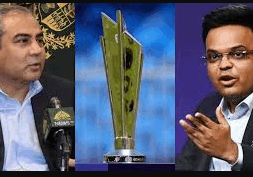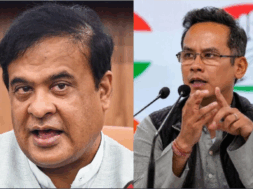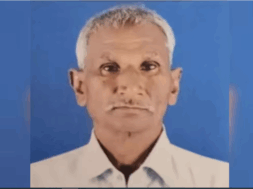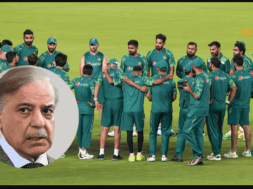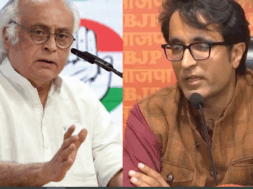
Centre Files Review Petition against Release of Rajiv Gandhi Assassination Convicts
Manas Dasgupta
NEW DELHI, Nov 17: Nearly a week after their release, the Centre on Thursday moved the Supreme Court seeking a review of its November 11 order prematurely releasing all the six remaining convicts who were serving life imprisonment for the assassination of former Prime Minister Rajiv Gandhi in 1991.
The Union government contended that the court did not afford it adequate opportunity of hearing before ordering the immediate release of the convicts and that the apex court order is “legally flawed.”
On November 11, the Supreme Court had set free Nalini Sriharan and five other remaining convicts, who were serving life term for about three decades in the Rajiv Gandhi assassination case, noting that its earlier order releasing another convict AG Perarivalan was equally applicable to them.
On the next day, Nalini and the other convicts walked out of the prisons in Tamil Nadu where their three-decade incarceration has been a hugely emotive and political issue.
Nalini, wife of Sri Lankan citizen V Sriharan alias Murugan, who was the first to be released, claimed her firm belief that she is innocent had kept her alive all these years.
In its review petition, the centre has contended that the release of the convicts was cleared without it being given an adequate hearing which has led to an “admitted and glaring breach of principles of natural justice and has, in fact, resulted into miscarriage of justice.” “In such a sensitive matter, the assistance of Union of India was of paramount importance as the matter has huge repercussions on the public order, peace, tranquillity and criminal justice system of the country,” the government said.
The government also said given four of the six convicts were Sri Lankan citizens and convicted of being terrorists “for the gruesome offence of assassinating the former Prime Minister of the country,” granting them remission was “a matter which has international ramifications and therefore falls squarely within the sovereign powers of the Union of India.”
Rajiv Gandhi was killed by a woman suicide bomber named Dhanu, an activist of the banned Liberation Tigers of Tamil Eelam (LTTE) while campaigning for an election on behalf of the Congress party in Tamil Nadu’s Sriperumbudur on the evening of May 21, 1991. Seven people were sentenced to life in the case. The court said its decision was based on the prisoners’ good behaviour and the release in May of AG Perarivalan, another person convicted in the case, saying that he was 19 years old at the time of arrest and had been jailed for more than 30 years, with 29 of those in solitary confinement.
Disagreeing with its former chief Sonia Gandhi, Rajiv Gandhi’s widow whose support had led to the death sentence of four convicts being commuted to life imprisonment, the Congress had sharply criticised the judgement. “The decision of the Supreme Court to free the remaining killers of former PM Rajiv Gandhi is totally unacceptable and completely erroneous,” the party had said.
The decision, however, was welcomed by many in Tamil Nadu – including its ruling DMK party – who viewed the sentencing of the convicts as unfair and that the locals implicated in the case had become part of the plot without knowing its extent. Rajiv Gandhi’s killing was seen as an act of retaliation after he sent Indian peacekeepers to Sri Lanka in 1987, only to withdraw them after losing more than 1,200 men in battle and facing allegations of human rights violations in the island nation.
Nalini was the longest-serving woman prisoner in the country and was arrested in 1991 when she was 24 years old. She was a stenographer at a private firm when she met Murugan, a member of the LTTE.



